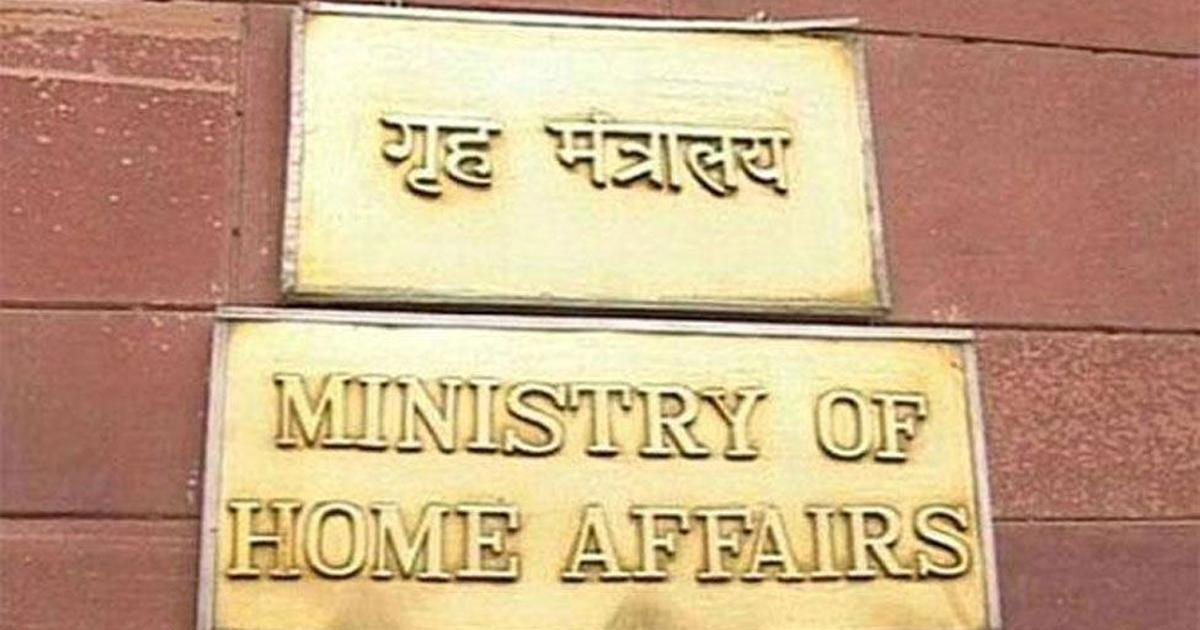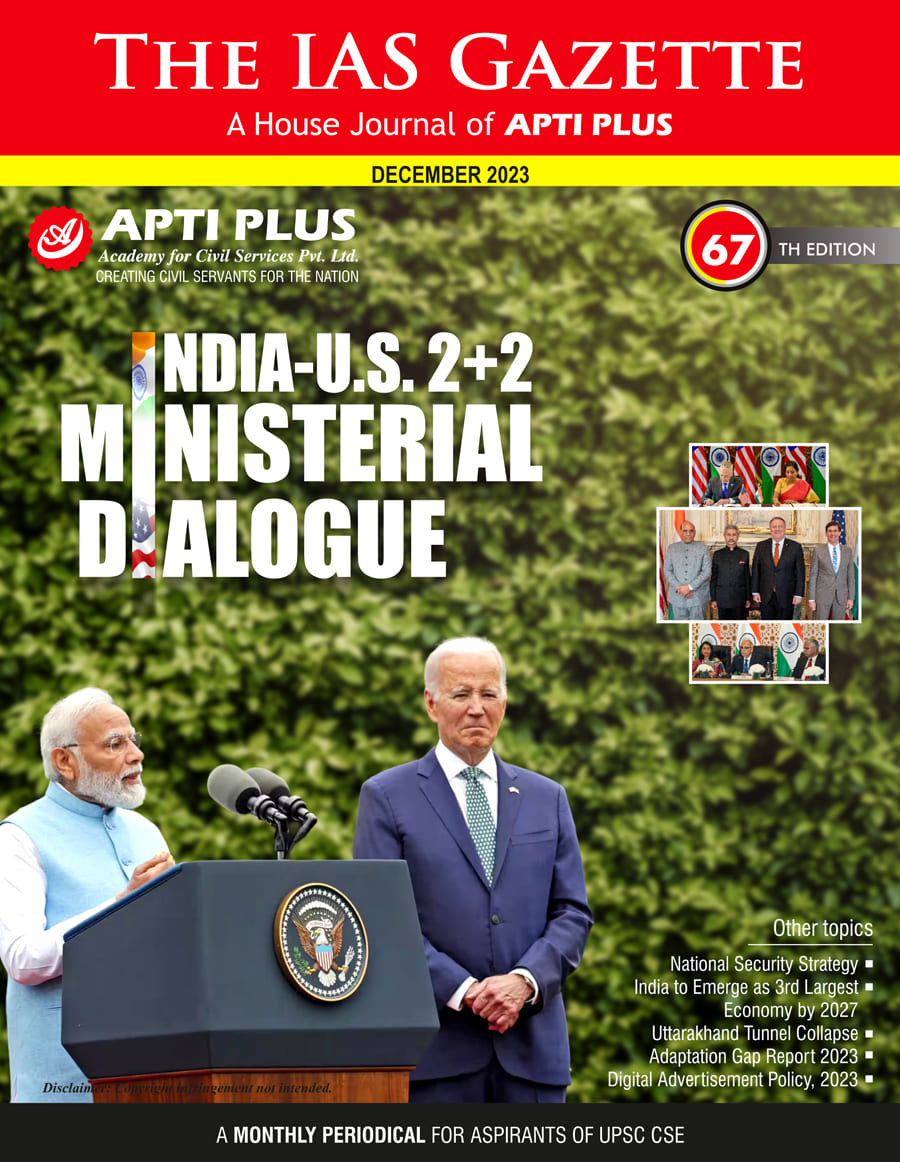Description

Copyright infringement not intended
Picture Courtesy: scroll.in
Context: Gangster Goldy Brar, who is wanted in several cases of murder, extortion and kidnapping, has been declared a designated terrorist under the Unlawful Activities (Prevention) Act (UAPA) by the Ministry of Home Affairs.
Key Highlights
- The Unlawful Activities Prevention Amendment (UAPA) Act of 2019 expanded the provisions to include the designation of individuals, not just organizations, as terrorists.
Definition of "Terrorist Act"
- The UAPA defines a "terrorist act" as any action intended to threaten or likely to threaten India's unity, integrity, security, economic security, or sovereignty. This includes acts aimed at striking terror in people or sections of people in India or abroad. The original Act primarily focused on "unlawful" acts related to secession, and anti-terror provisions were introduced in 2004.
Designation Process
- The amendments allow the central government to designate an individual as a "terrorist" if they are found involved in acts related to terror, such as committing, preparing for, or promoting terrorism. This designation is made through a notification in the official gazette, adding the individual's name to the Fourth Schedule of the UAPA. Notably, individuals don't have the opportunity to present their case before this designation.

Legal Implications
- The standard of proof required to establish an individual's involvement in terrorist activities is not clearly defined by the amendment. Individuals convicted in terror cases are legally referred to as terrorists, while those suspected of involvement are termed terror accused.
Consequences of Designation
- Unlike the designation of a global terrorist by the United Nations, the 2019 amendment didn't specify particular sanctions such as travel bans or asset freezes for individuals designated as terrorists under UAPA.
Review and Removal
- The amendment introduced avenues for individuals designated as terrorists to seek redress. An individual can apply for removal from the schedule, and if rejected, they can seek a review within a month. A review committee, comprising a chairperson and three members, can order the removal if it finds the government's order flawed.
Legal Recourse
- Additionally, individuals designated as terrorists can approach the courts to challenge the government's designation.

Conclusion
- Overall, while the UAPA amendment allows for the designation of individuals as terrorists, it doesn't specify stringent sanctions like those associated with global terrorist designations. It introduces avenues for review and appeal, including committee and court recourse, for individuals contesting their designation.
Must Read Articles:
UNLAWFUL ACTIVITIES (PREVENTION) ACT (UAPA): https://www.iasgyan.in/daily-current-affairs/unlawful-activities-prevention-act-uapa-32
|
PRACTICE QUESTION
Q. How does the Unlawful Activities Prevention Amendment (UAPA) Act balance the need for national security with concerns about potential misuse and infringement on individual liberties, and what measures are in place to safeguard against arbitrary use of its provisions?
|









